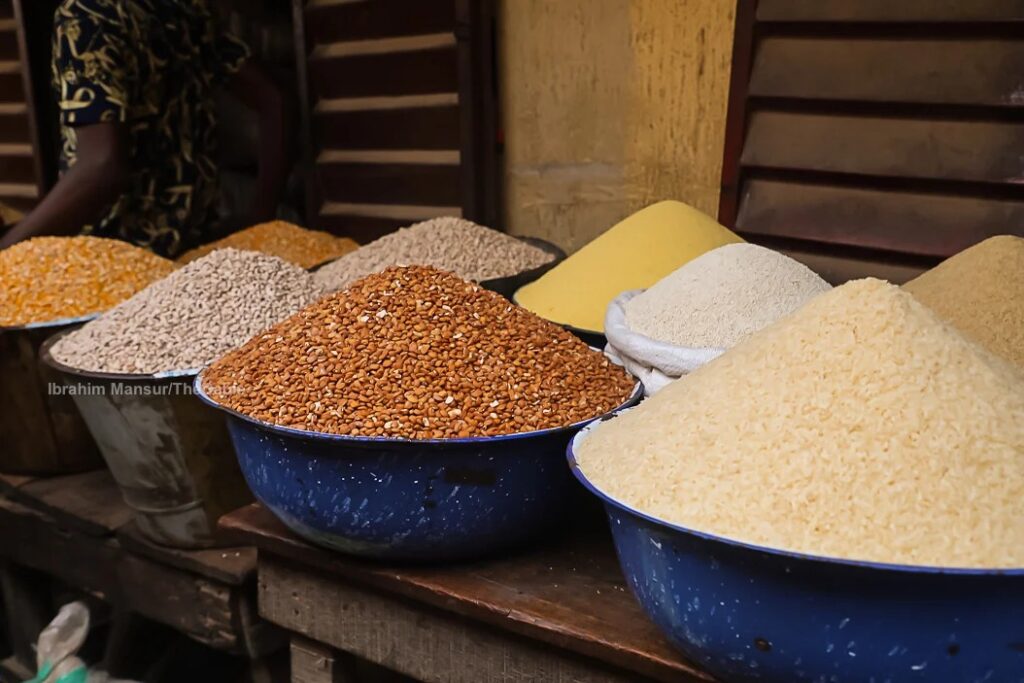Nigeria spends over $10 billion every year on food imports, including wheat, rice, sugar, fish, and even tomato paste, the Minister of Agriculture and Food Security, Abubakar Kyari, has revealed.
Kyari, who spoke on Tuesday at the First Bank of Nigeria Agric and Export Expo in Lagos, decried the rising dependence on foreign food products despite the country’s vast agricultural resources.
Represented by his Special Adviser, Ibrahim Alkali, the minister stressed that inadequate financing for the agriculture sector was crippling Nigeria’s food security and limiting its potential in global trade.
“Agriculture contributes 35 percent of our GDP and employs 35 percent of our workforce. We sit on 85 million hectares of arable land with a youth population of over 70 percent under 30.
“Yet, Nigeria accounts for less than 0.5 percent of global exports, earning under $400 million from agro-exports,” he lamented.
Kyari said President Bola Tinubu’s administration is committed to achieving food sovereignty, explaining that Nigeria must feed itself “on its own terms, free from excessive dependency on imports.”
He noted that while Nigeria has land, labour, and markets, the absence of structured financing systems, value addition, and infrastructure continues to undermine growth in the sector.
The minister urged a complete rethink of agricultural financing and production, calling for innovative models such as revenue sharing, forward contracts, and structured farmer credit systems that could unlock large-scale capital investments.
“Boosting domestic production and building support for exports are not separate agendas. They are two sides of the same coin.
“We must move from fragmented farmer credit to structured financial systems that attract significant capital,” he said.
Kyari also stressed the need to attract more youth participation in agriculture, adding that the federal government was working to shift Nigeria’s economy from dependence on oil to resilience in food production and export-driven agribusiness.
The minister maintained that food security was no longer optional, but a matter of national sovereignty, warning that global supply chain disruptions could leave millions of Nigerians vulnerable if urgent steps are not taken.
Do you want to share a story with us? Do you want to advertise with us? Do you need publicity for a product, service, or event? Contact us on WhatsApp +2348183319097 Email: platformtimes@gmail.com
We are committed to impactful investigative journalism for human interest and social justice. Your donation will help us tell more stories. Kindly donate any amount HERE




